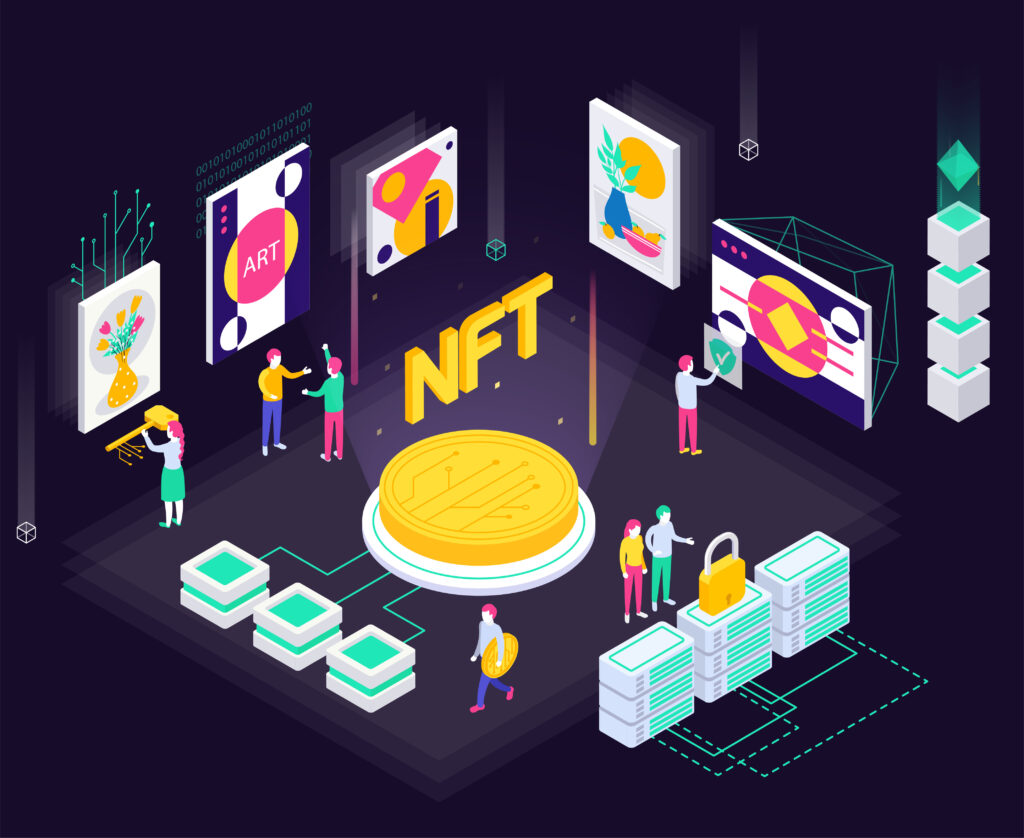
The move is the first for a major retirement plan provider and may signal more widespread adoption of the cryptocurrency.
On April 26, Fidelity announced its intention to add a Bitcoin investment option to its 401(k) retirement plans. Employees of businesses that pursue the option will be able to allocate as much as 20% of their contributions to Bitcoin, all from the company’s main investment dashboard. According to reporting by the Washington Post, Fidelity said that at least one employer has already signed up for the option which will launch later this year.
“Fidelity’s leadership, especially CEO Abby Johnson, has been at the forefront of institutional Bitcoin and crypto integration for years and is no stranger to the space, with Fidelity’s private equity and venture capital arm being a major source of capital for crypto miners, crypto SPACs, crypto hedge funds and more,” says Eric Lamison-White, Director at STS Capital Group LLC, a cross-border advisory and investment firm. “It is completely in character for Fidelity to steadily and cautiously extend access to their working class customers as the regulatory climate becomes more productive.”
Critics suggest that the volatility of Bitcoin poses an unnecessary risk to a retirement portfolio. It’s a reasonable argument. At the time of this writing, the cryptocurrency’s price has fallen by more than 6% just today. Meanwhile, at $37,978 it’s a far cry from Bitcoin’s high of $68,000, representing more than a 40% drop since November 10th of last year.
However, advocates of cryptocurrency’s long-term utility disagree.
“Cryptocurrency is a reliable, long-term store of value because it cannot be corrupted by central authorities,” says Lisa Carmen Wang, founder of The Bad Bitch Empire, a platform for female investors in web3. “We’ve already seen hyperinflation, bank failures, and other egregious disasters happen in the last few years, so trust in governments is at an all-time low. Crypto is inevitably volatile now because it is an early stage high-risk/high-reward investment, but for those who believe in the values of a decentralized economy, crypto is an attractive long-term investment that people should consider having in their portfolio.”
Regardless of your appetite for risk, the notion that savers will be able to easily manage contributions to Bitcoin in a respected retirement plan is meaningful.
As of last year, 63% of US adults that did not hold crypto were curious about it. Many people in the crypto-curious category don’t invest because they simply don’t know how. There’s a technological barrier to entry that can feel daunting.
When you have major retirement plan managers like Fidelity making it easy to add Bitcoin to a portfolio through a dashboard users are already familiar with, we may see this group start investing in the asset class, moving digital currencies further along toward mainstream adoption.















